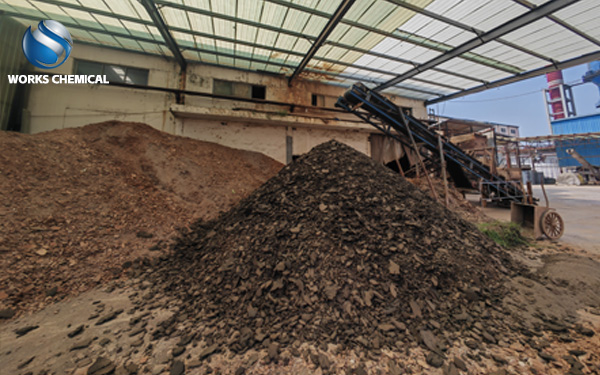
Industrial sewage treatment projects will produce sludge, and Noguan will first dehydrate the sludge. Most of the particles in the sludge repel rather than attract each other. First, thanks to hydration, a layer of water adheres to the surface of the particles, preventing them from binding to each other. Secondly, the sludge particles are generally negatively charged and repel each other to form a stable dispersed state.

Sludge conditioner is used to overcome hydration and electrical rejection. There are two ways to increase the size of the sludge particles so that the sludge is easy to filter or concentrate. The first is instability and condensation, the stabilization depends on the addition of synthetic organic polymers, inorganic salts and other coagulants in the sludge, so that the surface properties of the particles change and aggregate, due to the addition of chemicals and increase the operating cost; The second is to improve the structure of the sludge particles, reduce the filtration resistance, and prevent the filtration medium (filter cloth) from blocking. Inorganic sediments or certain fillers can play a role in this.
The conditioned sludge can increase particle size, neutralize electrical properties, and release adsorbed water, all of which help to thicken the sludge and improve dewatering properties. In addition, the conditioned sludge reduces the loss of sludge particles during the thickening process and can improve the solid load rate.
The chemical conditioning of sludge is to change the surface charge or three-dimensional structure of the colloid in the suspension by adding an appropriate amount of sludge conditioner, overcome the repulsion between the particles, and make them collide with each other through external forces. Stirring and other forces make the sludge particles flocculate into clumps. Precipitation, to achieve the effect of stability. At the same time, the increase in volume greatly reduces the surface area of the colloid, and the water distribution on the surface and inside also changes, thereby reducing the adsorption of water, thereby improving the dewatering performance of the sludge.